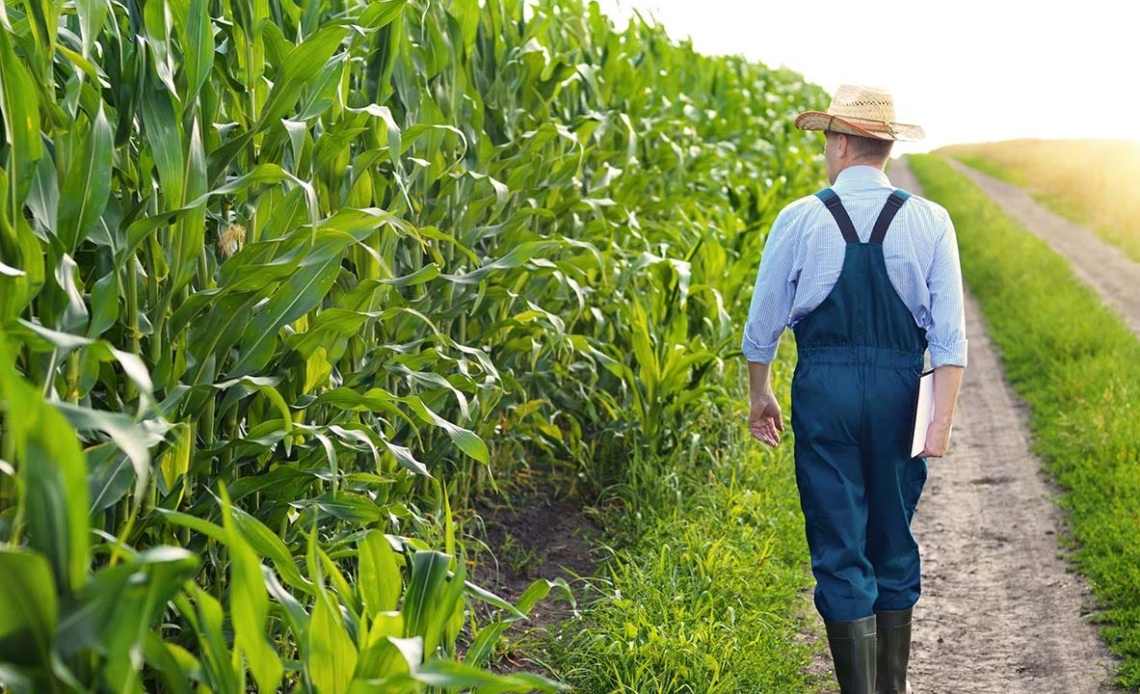Cybersecurity has been a major subject of discussion in recent years, with purported Chinese spy balloons floating overhead, a major Appalachian oil pipeline hacked with ransomware and questions about mysterious drones over New Jersey skies.
But one overlooked area of focus in this regard is agriculture, several prominent figures have said — especially with America’s ag states primed to lend their top political leaders to Washington in the new year.
Dakota State University President Jose-Marie Griffiths told Fox News Digital how important the heartland has become geopolitically, with several Dakotans gaining leadership or cabinet roles in the new year — including Sen. Mike Rounds, R-S.D., chairing the Senate Armed Services Subcommittee on Cybersecurity.
“I said quite a lot in the past and in [congressional] testimony about my concerns about agriculture and food production’s critical infrastructure, which came rather late to the cybersecurity critical infrastructure table,” Griffiths said.
INFLATION, SUSTAINABILITY AND GLOBALISM ARE POTENTIAL DEATH SENTENCE TO US AG: FARMERS
“People [will] start to realize the agricultural vehicles they’re using increasingly are autonomous and connecting to broadband [via] satellite — and other ways that these become vulnerable. And for people who wish to do us harm, they’re exploiting vulnerabilities as much as they can.”
Residents across the heartland pay much more attention to the threats China and other rivals pose to the U.S. agriculture sector, she said.
With advancements in technology, hackers can now find their way into harvesters, granaries and the nation’s freight-train network, Griffiths and Rounds said separately.
Whether the cash crop is Pennsylvania potatoes, Florida oranges or Dakotan wheat, all are crucial to the U.S. economy and supply chain, and all can be subject to cyberthreats, Griffiths suggested.
Rounds told Fox News Digital he has studied for some time the potential vulnerabilities of the American agriculture sector when it comes to foreign actors and cybersecurity.
“It’s more than just the vehicles and so forth,” he said.
“A lot of it has to do with the infrastructure that we rely on. A good example is your water systems; your electrical systems… All of those right now are connected and they all have cyber-points-of-entry.
“And so, we have been, for an extended period of time, looking at threats that could come from overseas by adversaries that would like to infiltrate not only the…
Click Here to Read the Full Original Article at FOX News : Politics…

